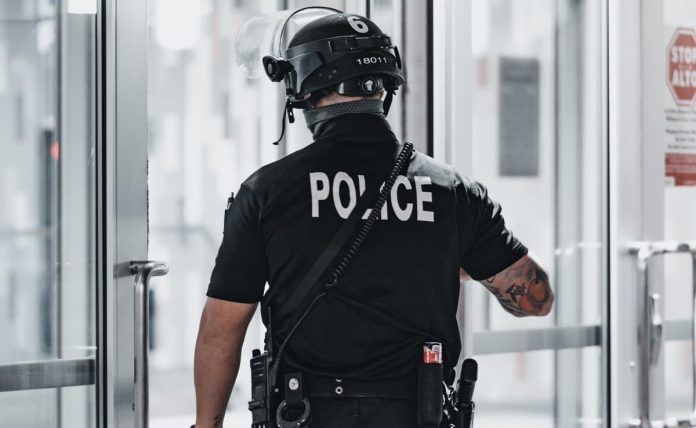Missouri Factory Worker Arrested After Allegedly Spiking Co-Worker’s Coke with Super Glue
An incident at a Missouri manufacturing facility has raised serious safety concerns after an employee was arrested for allegedly contaminating a co-worker’s Coca-Cola with super glue.
According to local police, 38-year-old Tony Lee Peterson was taken into custody earlier this month following a complaint from a colleague who reported finding an unknown sticky substance in his soda. The affected employee, who had left his drink unattended at his workstation, stated that upon returning, he detected a strange taste and sensation in his throat, prompting an internal investigation.
Surveillance footage reportedly showed Peterson handling the soda can while wearing latex gloves. When questioned, he initially denied involvement but later admitted to pouring super glue into the beverage. He has since been charged with second-degree assault, armed criminal action, and product tampering — the latter classified as a felony due to the potential risk to human health.
No long-term injuries have been reported, but medical professionals are monitoring the victim for any lasting effects from ingesting the adhesive substance. The incident has triggered broader discussions around workplace safety protocols in FMCG production and packaging environments.
Implications for FMCG Workplace Safety and Product Integrity
This case underscores the critical importance of stringent food safety and contamination prevention measures, not only across customer-facing supply chains but also within internal operations. FMCG leaders are increasingly prioritizing environmental monitoring, access control, and employee behavioral risk assessments to minimize threats to product integrity—both intentional and accidental.
For manufacturers, especially those operating beverage lines or food contact surfaces, the incident also highlights the need for comprehensive surveillance, robust reporting channels, and swift disciplinary or legal action in response to tampering threats. Consumer safety remains a top priority, and even internal contamination events—especially those motivated by workplace conflict—can jeopardize brand trust and regulatory compliance.
While this appears to be an isolated incident with limited impact beyond the facility, it serves as a reminder of the importance of proactive safety culture, regular employee training, and continuous process reviews in FMCG operations. As regulatory scrutiny over food and beverage safety intensifies, companies must ensure their internal environments are just as secure as their external supply chains.

